The Little War Of Private Post: An Artist-Soldier’s Memoir Of The Spanish-American War
Nonfiction, History, Military, Other, United States, Americas, 20th Century| Author: | Charles Johnson Post | ISBN: | 9781786256638 |
| Publisher: | Golden Springs Publishing | Publication: | November 6, 2015 |
| Imprint: | Golden Springs Publishing | Language: | English |
| Author: | Charles Johnson Post |
| ISBN: | 9781786256638 |
| Publisher: | Golden Springs Publishing |
| Publication: | November 6, 2015 |
| Imprint: | Golden Springs Publishing |
| Language: | English |
THE LITTLE WAR OF PRIVATE POST is a stirring, funny, brave, sympathetic piece of Americana—the memoir of a foot soldier in the Spanish-American War who happened also to be a first-rate artist, carrying a sketchbook along with his gun. It is a GI’s view of the invasion of Cuba in June 1898, from the moment that Charles Johnson Post passed the jumping test, the coughing test and the eyesight test and became a soldier to the day he returned to New York, gaunt and fever-ridden—the first man back from San Juan Hill.
In April, Private Post was among the raw recruits assembled at Camp Black on Hempstead Plains, Long Island. He is eloquent about the soldier’s diet of coffee, hardtack, and sowbelly, “rancid and translucent in decay”; about the practice drills in close order formation, “much as in the days of Waterloo or Gettysburg”; about his fellow soldiers, their clothing, daily life, and esprit de corps. Post has such a good-humored, straight view of his own and others’ experiences that throughout the book all that is dismal, painful, malarial, hot, deathly and serious becomes touching, brave and ludicrous—though never losing dignity.
The writer’s pen and the artist’s brush re-create for us the invasion of Cuba, one of the most brilliant campaigns of our entire military history—despite fantastic blunders before, during and after it. Rubber ponchos peeled; woolen uniforms were ridiculous in the Cuban heat; horses were so scarce that the Rough Riders had nothing to ride; and after Santiago had capitulated, General Shafter waited and waited while his troops died of disease, far removed from medical care. THE LITTLE WAR OF PRIVATE POST is the chronicle of individual men on a wide canvas. Many of them died, and death gives to the little routines of their lives an epic significance. This was an “old-fashioned” war, but in it we find much that is illuminating today—particularly so because it is on a small, personal scale.
THE LITTLE WAR OF PRIVATE POST is a stirring, funny, brave, sympathetic piece of Americana—the memoir of a foot soldier in the Spanish-American War who happened also to be a first-rate artist, carrying a sketchbook along with his gun. It is a GI’s view of the invasion of Cuba in June 1898, from the moment that Charles Johnson Post passed the jumping test, the coughing test and the eyesight test and became a soldier to the day he returned to New York, gaunt and fever-ridden—the first man back from San Juan Hill.
In April, Private Post was among the raw recruits assembled at Camp Black on Hempstead Plains, Long Island. He is eloquent about the soldier’s diet of coffee, hardtack, and sowbelly, “rancid and translucent in decay”; about the practice drills in close order formation, “much as in the days of Waterloo or Gettysburg”; about his fellow soldiers, their clothing, daily life, and esprit de corps. Post has such a good-humored, straight view of his own and others’ experiences that throughout the book all that is dismal, painful, malarial, hot, deathly and serious becomes touching, brave and ludicrous—though never losing dignity.
The writer’s pen and the artist’s brush re-create for us the invasion of Cuba, one of the most brilliant campaigns of our entire military history—despite fantastic blunders before, during and after it. Rubber ponchos peeled; woolen uniforms were ridiculous in the Cuban heat; horses were so scarce that the Rough Riders had nothing to ride; and after Santiago had capitulated, General Shafter waited and waited while his troops died of disease, far removed from medical care. THE LITTLE WAR OF PRIVATE POST is the chronicle of individual men on a wide canvas. Many of them died, and death gives to the little routines of their lives an epic significance. This was an “old-fashioned” war, but in it we find much that is illuminating today—particularly so because it is on a small, personal scale.

![Cover of the book Rails To Oblivion: The Decline Of Confederate Railroads In The Civil War [Illustrated Edition] by Charles Johnson Post](https://www.kuoky.com/images/2014/august/300x300/9781782895701-yNx1_300x.jpg)
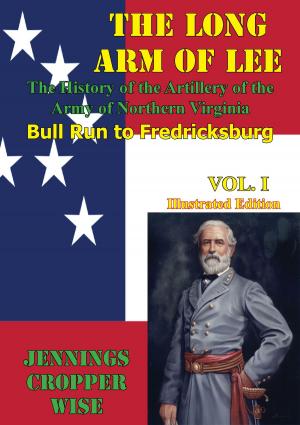
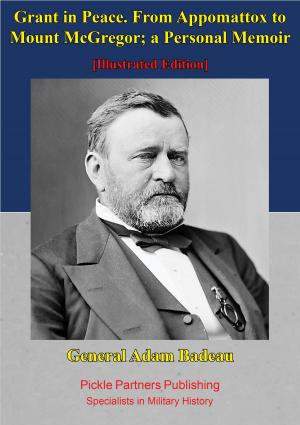
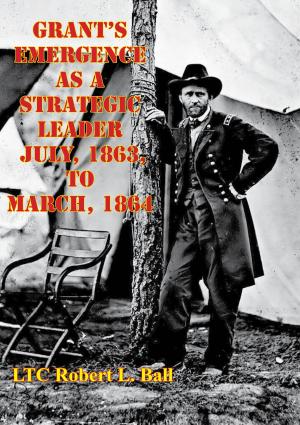


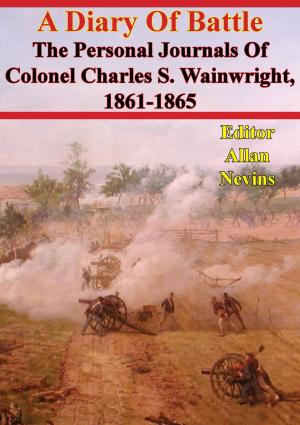
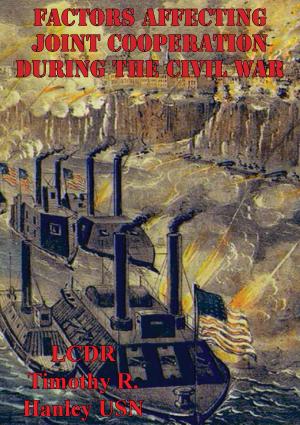


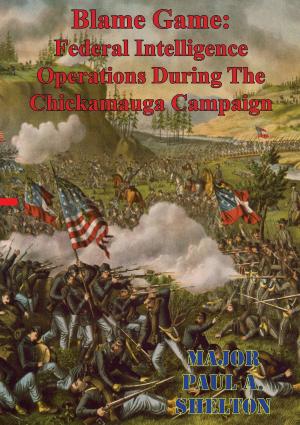
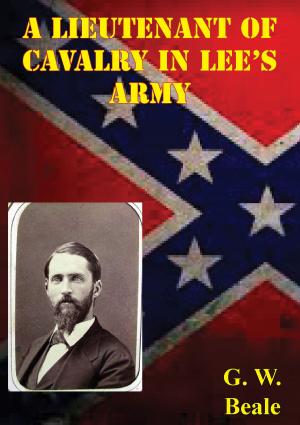

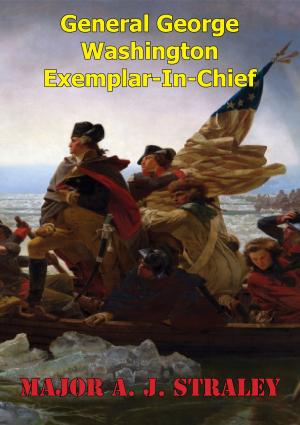
![Cover of the book Three Months In The Southern States: The 1863 War Diary Of An English Soldier: April-June 1863 [Illustrated Edition] by Charles Johnson Post](https://www.kuoky.com/images/2014/august/300x300/9781782895435-v1gu_300x.jpg)